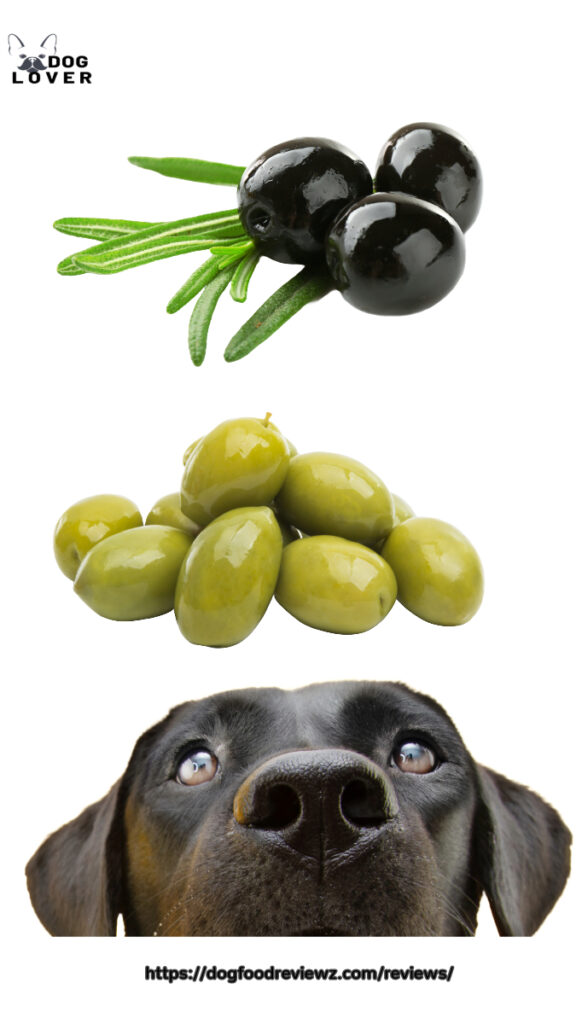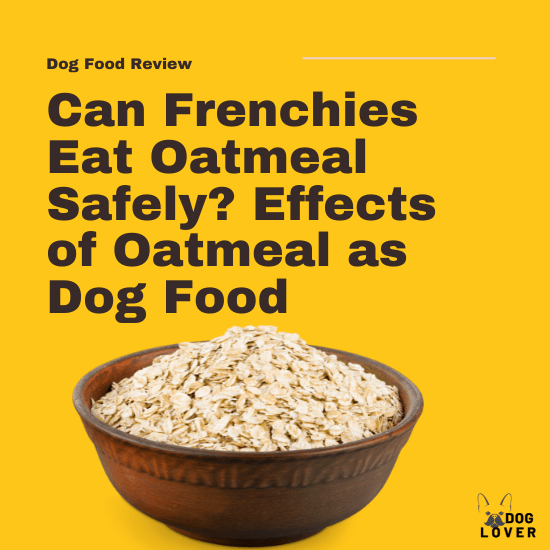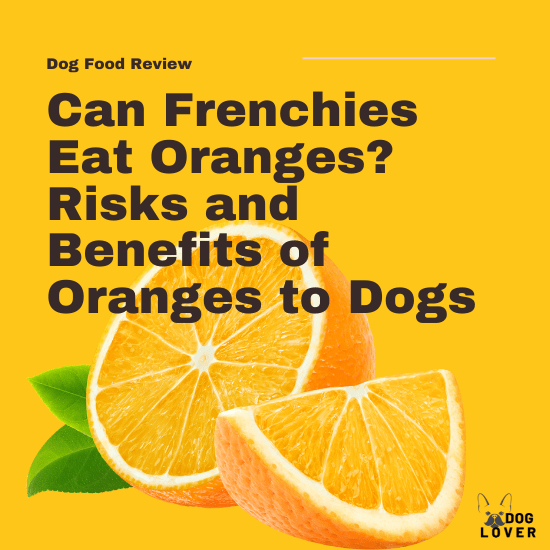Olives are a common pantry item, and if you’re wondering whether dogs can eat olives, the answer is yes—but with precautions.
Olives are neither toxic nor harmful, making them a safe snack for dogs in moderation.
Here’s everything you need to know about feeding olives to your furry friend.

Benefits of Olives for Dogs
When served plain, unsalted, and pitted, olives can offer numerous health benefits:
- Rich in Nutrients: Olives are packed with vitamins A, E, and K, essential minerals like iron, calcium, and potassium, and healthy fats.
- Supports Healthy Skin and Coat: The antioxidants and vitamin E in olives can promote shiny coats and reduce skin inflammation.
- Boosts Joint and Cognitive Health: Healthy fats help reduce inflammation, improve joint health, and support brain function.
- Improves Immunity: The nutrients in olives, including zinc and vitamin A, contribute to better immune function.
Risks of feeding olives to dogs
Despite their benefits, olives should only be given in moderation due to these potential risks:
- High-Fat Content: Overfeeding olives can lead to obesity and pancreatitis.
- Sodium Levels: Many store-bought olives are high in salt, which can cause dehydration or kidney issues in dogs.
- Choking Hazard: Olive pits can block the airways or damage teeth if bitten.
How to feed olives safely to dogs
To ensure your dog enjoys olives safely:
- Always opt for plain, pitted olives.
- Avoid olives with added seasonings like garlic, onion, or brine.
- Start with a small portion to monitor for allergies or stomach upset.
Types of Olives Dogs Can Eat
Black Olives
Black olives, harvested when fully ripe, are safe for dogs when unsalted and pitted. They are rich in antioxidants, fats, and vitamins, making them a healthy occasional snack.
Green Olives
Green olives are similar to black olives but have slightly higher sodium content. While safe, these should be given sparingly.
Kalamata Olives
Kalamata olives are safe but should be pitted and unsalted. Their high sodium levels mean they should only be offered as an occasional treat.
Spanish (Manzanilla) Olives
Spanish olives are safe when plain and pitted, but many are sold in brine or stuffed with ingredients like pimentos or garlic. Avoid these varieties unless thoroughly rinsed.
Pimento-Stuffed Olives
Pimentos themselves are non-toxic to dogs, but avoid feeding olives stuffed with cheese, garlic, or other additives that can harm your pet.
Can puppies eat olives?
Yes, puppies can enjoy olives once fully weaned, but only in minimal quantities. Their small size and developing digestive systems make it essential to introduce new foods gradually.
Foods dogs can eat with olives
- Rice: Plain, cooked rice pairs well with olives and is easy to digest.
- Eggs: Cooked eggs add protein and essential nutrients, making a wholesome combination with olives.
- Broccoli: Rich in vitamins and fiber, broccoli complements olives for a nutritious treat.
- Beans: Safe bean varieties, like green or black beans, are nutrient-dense and pair well with olives.
Recipes with Olives for Dogs
Olive Oil Peanut Butter Dog Treats
- Ingredients: Wheat flour, oats, cinnamon, eggs, natural peanut butter, olive oil, water.
- Instructions:
- Preheat oven to 300°F.
- Mix dry and wet ingredients separately, then combine into dough.
- Roll out, cut into shapes, and bake for 60 minutes.
Muffuletta Hot Dog Treats
- Ingredients: Pitted olives, chopped vegetables, mozzarella, olive oil, hot dogs, buns.
- Instructions:
- Grill hot dogs and buns.
- Mix vegetables and olives.
- Assemble and toast until cheese melts.
Best Dog Foods with Olives
Certain dog food brands incorporate olives for their nutritional benefits:
- Stella & Chewy’s Venison Blend Dinner Patties: Freeze-dried raw food enriched with nutrients.
- Mediterranean Diet Deboned Chicken with Olive Oil: Dry dog food inspired by Mediterranean flavors.
- OlviPet Healthy Bars: Treats made with extra virgin olive oil for medium-sized dogs.
Conclusion
While olives can be a nutritious treat for dogs, moderation is crucial. Always choose plain, pitted varieties, and avoid those with added salt or seasonings. When fed occasionally, olives can support your dog’s health by providing essential nutrients and antioxidants.
For any new treat, including olives, consult your veterinarian to ensure it’s suitable for your dog’s specific needs. With the right approach, olives can be a tasty addition to your dog’s occasional snack list!


